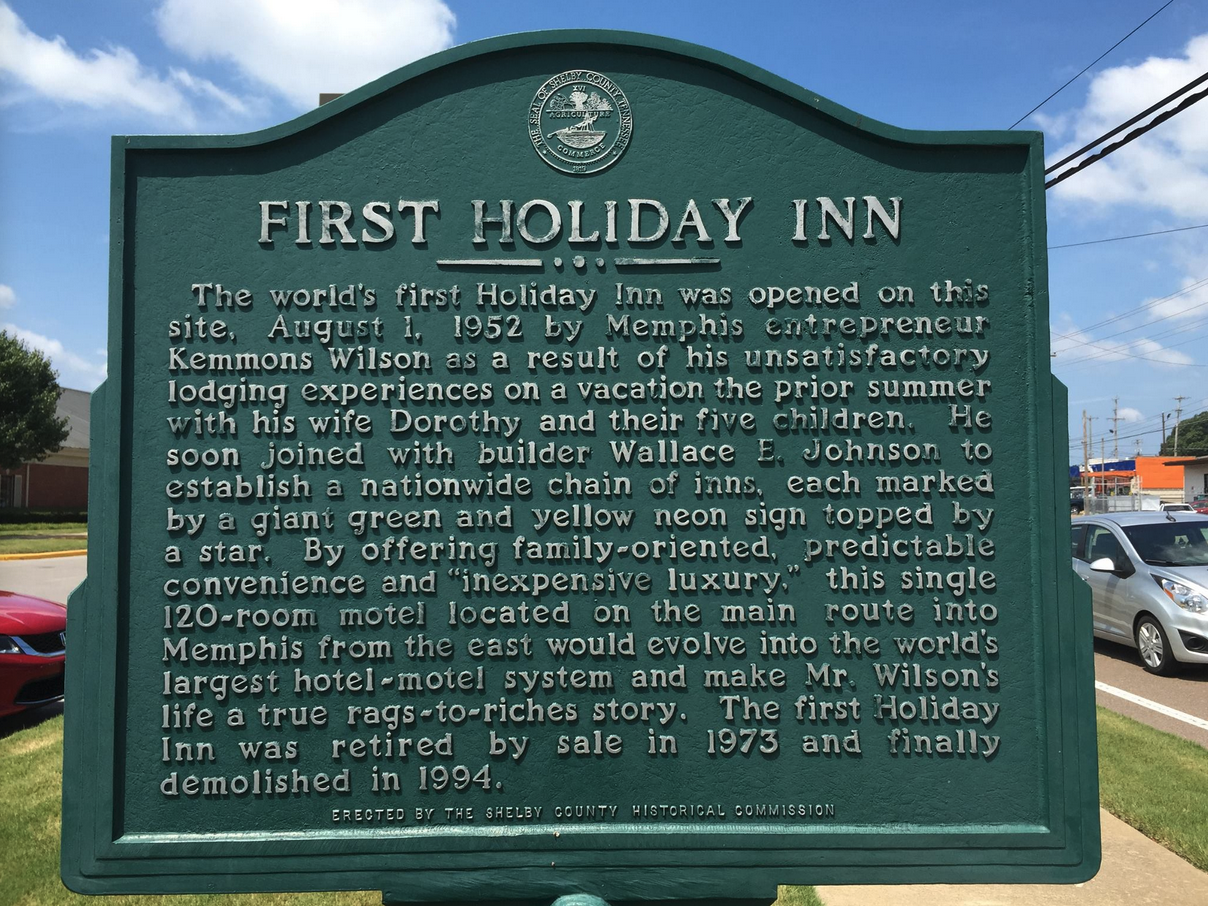Regardless of brand, there’s a standard set of amenities you can expect to find in most American hotels. We’ve already explained some of them in the past, like:
- why hotel rooms have Bibles (and why that’s changing)
- why most hotels sheets and towels are usually white
- why hotels have continental breakfasts
- why hotels never run out of hot water
- why hotels smell so good
But have you ever wondered why most hotels have ice machines? I mean beyond the fact that they’re a convenience. After all, having a ceiling light in your hotel room would be a convenience too, but most well-known hotel brands don’t offer those (Psst! Here’s why they don’t).
To explain how ice machines in hotels became typical, you must go back to the history of Americans’ love affair with ice. It’s always been much more than, say, our European counterparts (that continues to this very day). Anyway, back in the early 1800s, before refrigeration, freezers, coolant, or even electricity, some entrepreneurs from Boston, the Tudor brothers, figured out how to harvest and store ice so it could be used in the summer months. One of the brothers, Frederic, was also the person who pretty much singlehandedly “taught” people how lovely iced drinks (and ice cream, and cooling feverish patients) could be. Later, people discovered that ice could be used to keep food fresh for extended periods. And so, by the early 1900s, most families and businesses had ice boxes.
However, you need ice for ice boxes to work, and that costs manpower. It costs money to harvest, cut and transport ice. So ice wasn’t a free commodity – you had to pay for it. With that, hotels weren’t giving away ice – they charged guests per cube. Even once electric refrigerators, freezers and freestanding ice machines became available in the years before World War II, hotels were still charging for ice.
So, how did ice in hotels become free? You can thank Mr. Kemmons Wilson for that. And nope, he didn’t invent ice machines. But he founded Holiday Inn (WAY before it was part of IHG).
History says that Wilson went on a family vacation in 1952 and found some pretty crappy roadside accommodations. With that, he vowed to start a motel chain of his own, and do things “right.” That’s how he opened the world’s very first Holiday Inn (originally called Holiday Inn Hotel Courts), located at 4941 Summers Ave., in Memphis, TN – the main highway to Nashville at the time. Don’t bother to look it up – I already did. The building was sold in 1973 and demolished in 1994, but there’s a historical marker on the site in Memphis commemorating it.

PC: The Classic Classy Holiday Inn Facebook page
Most of the space where the motel stood is now a parking lot.
Anyway, when he opened the Holiday Inn Hotel Courts, one of the amenities Wilson offered to guests was free access to ice machines. He decided to do it after staying at competing hotels, charging what he thought was too high of a price for ice.
As an early adopter of franchising, the Holiday Inn brand spread across the country. And since the benefit of franchises is knowing what to expect, all those other Holiday Inns also had ice machines.
Kemmons Wilson’s Holiday Inn franchise did extraordinarily well – he built 2 more in 1953, 30 by 1957, 50 by 1958, 100 by 1959, 500 by 1964, and 1000 by 1968. Branded as “The Nation’s Innkeeper,” the chain set the standard for competitors. So if Holiday Inn offered free ice, the pressure was for everyone else to offer it for free.
It’s continued to this very day.
H/T: Slate, Mental Floss, Wikipedia
Feature Image: Public Domain
Want to comment on this post? Great! Read this first to help ensure it gets approved.
Want to sponsor a post, write something for Your Mileage May Vary, or put ads on our site? Click here for more info.
Like this post? Please share it! We have plenty more just like it and would love it if you decided to hang around and sign up to get emailed notifications of when we post.
Whether you’ve read our articles before or this is the first time you’re stopping by, we’re really glad you’re here and hope you come back to visit again!
This post first appeared on Your Mileage May Vary
